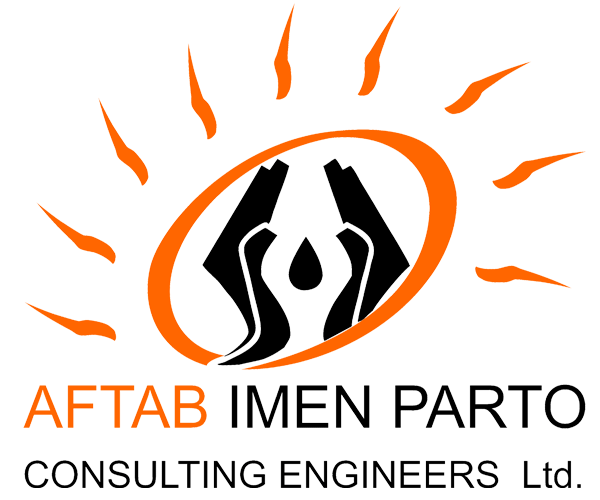What is QRA Training?
QRA (Quantitative Risk Assessment) training focuses on teaching participants how to systematically assess and quantify risks in industrial processes. QRA uses probabilistic methods to estimate the likelihood and consequences of hazardous events, such as fires, explosions, and toxic releases, to help organizations make data-driven safety decisions.
QRA is widely used in oil and gas, petrochemicals, power plants, chemical processing, and other high-risk industries to ensure process safety and regulatory compliance.
Objectives of a QRA Training Course
A QRA training course provides participants with the skills to:
1. Understand QRA Methodology – Learn the structured approach to hazard identification, risk modeling, and consequence analysis.
2. Perform Risk Calculations – Use statistical and engineering techniques to calculate risk levels, failure probabilities, and impact zones.
3. Use QRA Tools & Software – Gain hands-on experience with industry-standard QRA software (e.g., SAFETI …).
4. Evaluate Safety & Risk Mitigation Measures – Assess the effectiveness of existing safety barriers and controls.
5. Comply with Industry Regulations – Align risk assessment practices with standards such as API RP 581, ISO 31010, OSHA PSM, and IEC 61511.
6. Apply QRA in Real-World Scenarios – Conduct case studies on fire, explosion, and toxic dispersion modeling.
Who Should Attend a QRA Training?
This training is valuable for professionals responsible for risk assessment and process safety management, including:
• HSE (Health, Safety & Environment) Managers & Engineers – Ensuring compliance with safety regulations and risk management frameworks.
• Process Safety Engineers – Performing detailed risk assessments for hazardous processes and operations.
• Risk Analysts & Reliability Engineers – Using probabilistic methods to analyze potential failures.
• Operations & Maintenance Managers – Evaluating operational risks and implementing mitigation strategies.
• Regulatory & Compliance Officers – Ensuring adherence to safety and environmental regulations.
• Project & Facility Engineers – Assessing risks for new projects, modifications, and plant expansions.
Why is QRA Training Important?
QRA is a critical tool for organizations to:
• Prevent major accidents by identifying high-risk scenarios.
• Optimize safety investments by prioritizing risk reduction measures.
• Demonstrate compliance with regulatory bodies and stakeholders.
• Improve emergency response planning based on risk modeling results.
• By mastering QRA techniques, professionals can make data-driven safety decisions and contribute to a safer, more reliable industrial environment.

